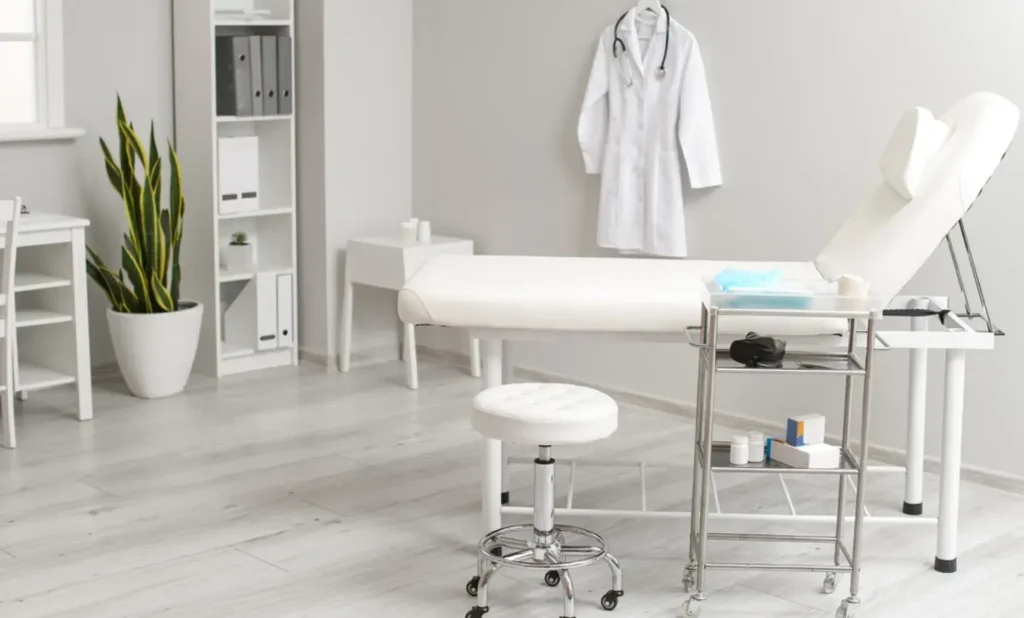When leasing a medical office space NYC, it’s critical to ensure compliance with all local regulations and industry standards. NYC has strict zoning laws, health codes, and safety requirements that medical offices must adhere to, and failing to meet these regulations can result in fines, legal complications, or even business closure. Understanding these requirements before signing a lease ensures a seamless transition, allowing you to operate without unexpected legal hurdles. By prioritizing compliance from the start, healthcare providers can avoid costly delays while maintaining a safe and professional medical environment, ensuring long-term operational success. Staying informed about regulatory requirements allows medical professionals to focus on patient care without unnecessary legal concerns.
Understanding Zoning Laws and Building Codes
Before leasing a medical office space NYC, verify that the property is zoned for medical use and complies with all necessary building codes. Not all commercial spaces are approved for healthcare services, and obtaining special permits can be time-consuming and costly. Check with local zoning authorities to confirm that the office is legally designated for medical use. Additionally, ensure that the building meets fire safety codes, accessibility requirements, and ventilation standards. Making these verifications before signing a lease can prevent legal complications and help you avoid the hassle of unexpected renovations or compliance issues, ensuring that your practice remains operational and secure. Proper planning ensures that your office meets all legal standards, minimizing the risk of future disruptions.
Meeting Health and Safety Compliance Standards
A compliant medical office space NYC must meet strict health and safety standards, ensuring a secure environment for both patients and staff. Verify that the space adheres to OSHA (Occupational Safety and Health Administration) regulations, which include proper ventilation, sanitation facilities, and emergency exits. Ensure that exam rooms and patient areas are designed to maintain patient privacy and infection control. HIPAA-compliant record-keeping areas and secure storage for medical supplies are also essential. Taking these steps before opening your practice ensures a fully compliant, legally sound medical office that meets all NYC healthcare regulations while creating a safe and comfortable environment for patients and employees. A well-prepared office not only enhances compliance but also builds trust with patients, reinforcing your practice’s professionalism.
Read more:
What Questions Should You Ask When Renting Medical Office Space in NYC?

